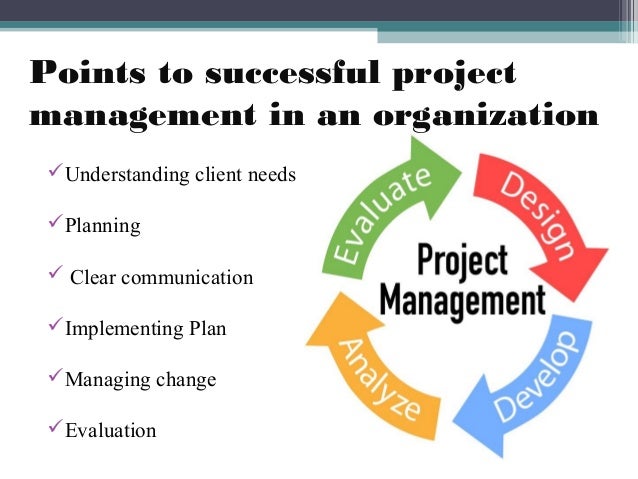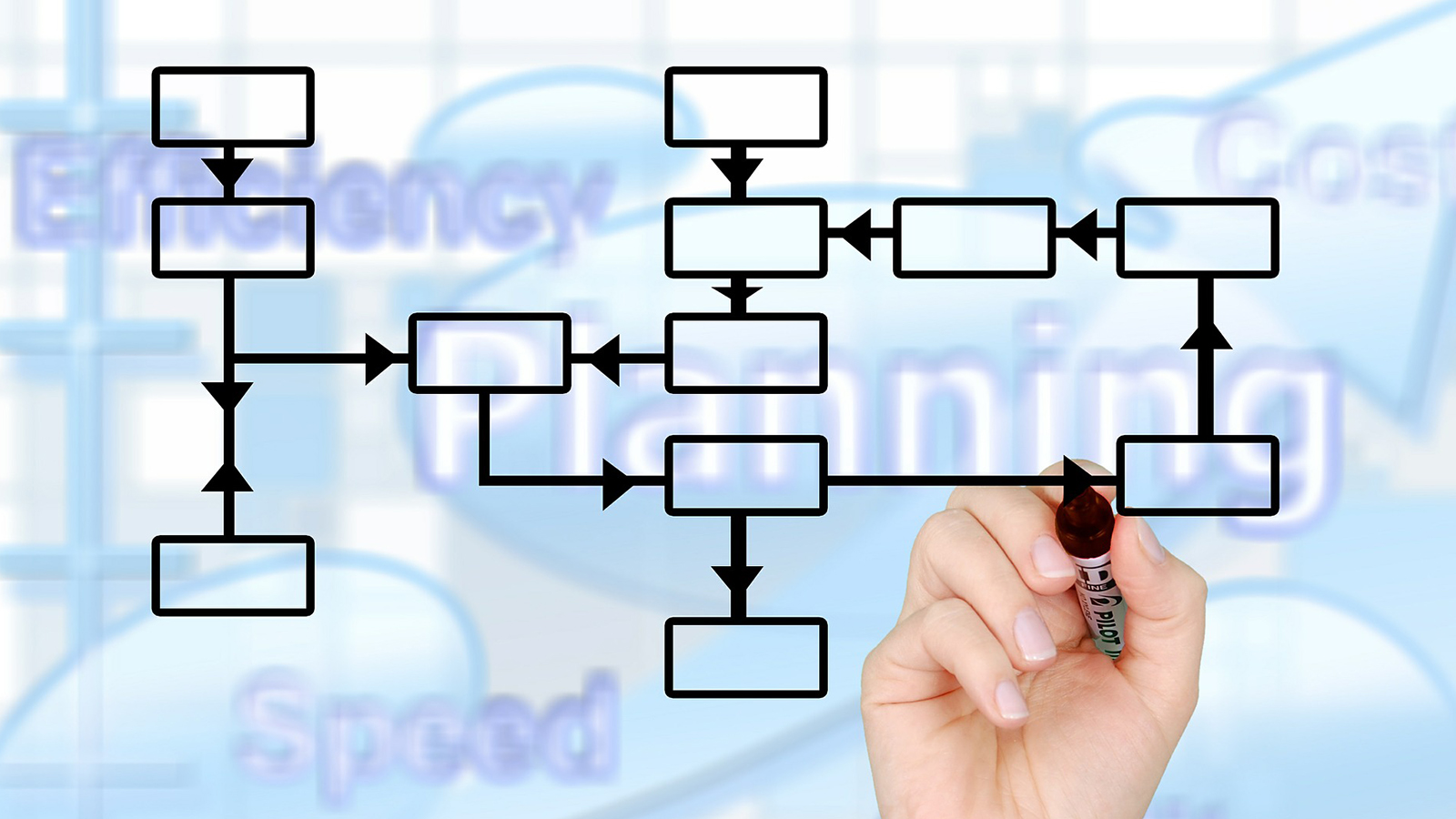
If you're interested in obtaining additional qualifications in the field of procurement, you might want to consider taking an online course. This article will help you understand what to look for when selecting an online course. You can find more information about the IACET CEUs and Category manager's courses. Umer MushtaqLone will also be sharing information about his Category manager course. This course focuses on global work practices.
Online purchasing courses
Many online courses in procurement are available. They can last for one day or four years depending upon the student's requirements and preferences. Choosing the right course for you will depend on the type of course you need and the level of certification you want to pursue. An online course is a great way to learn the skills you need to be a procurement expert. Once you've taken an online course on procurement, it is important to continue practicing your craft.

IACET CEUs
IACET gives continuing education units (CEUs), that can be used to teach a minimum of ten hours. This does not include breaks for coffee, meals, social activities or business meetings. Participants must successfully complete the Learning Outcomes (or learning outcomes) for at least 70% of course content to receive a certificate. The Learning Outcome outlines the expectations for participants.
Course for Category Managers
Are you interested in learning more about category management? You have reached the right place. Category management training can help your company become a better procurement manager. These courses are designed to provide you with world-class information on stakeholders, market analysis, process overview, strategy development, execution, and continuous improvement. Virtual classrooms allow you to access all course content without having to travel or meet a set schedule.
Umer Mushtaq Lone's Course
To ensure your project succeeds, you will need to take a good PPAT class if you want to know more about Business. Umer Mushtaq Lone's online course procurement is not the best. But if you can get past the course's name, you may find it helpful. This course is well-made with a clear message. Its instructor is a great communicator and has teaching experience in classrooms.
Sumit Jain's course
Sumit Jain's course procurement is a great way to start your journey as a SAP professional. You'll learn the basics of SAP MM including tables, customizing and reports. This course is perfect for anyone looking to learn how to use SAP MM, whether you are looking to become an SAP professional or just want to get a better understanding about SAP's physical inventory capabilities.

Udemy's course
If you're interested in purchasing goods and services, Udemy's course procurement may be for you. The course covers the basics of procurement. This includes how to assess supply markets and choose and evaluate suppliers. Students will learn about current issues and global trends and can improve their negotiation skills. You can also take the course to get information about emerging technologies and trends. The practical course can be applied to any field experience.
FAQ
What are the 4 major functions of management
Management is responsible of planning, organizing, leading, and controlling people as well as resources. It includes creating policies and procedures, as well setting goals.
Management helps an organization achieve its objectives by providing direction, coordination, control, leadership, motivation, supervision, training, and evaluation.
The four main functions of management are:
Planning - Planning is about determining what must be done.
Organizing - Organizing involves deciding how things should be done.
Directing - Directing means getting people to follow instructions.
Controlling – This refers to ensuring that tasks are carried out according to plan.
What are the most important management skills?
Managerial skills are crucial for every business owner, regardless of whether they run a small store in their locality or a large corporation. These skills include the ability manage people, finances and resources as well as other factors.
You will need management skills to set goals and objectives, plan strategies, motivate employees, resolve problems, create policies and procedures, and manage change.
You can see that there are many managerial duties.
How does a manager motivate his/her employees?
Motivation refers to the desire or need to succeed.
You can get motivated by doing something enjoyable.
You can also be motivated by the idea of making a difference to the success and growth of your organization.
For example: If you want to be a doctor, you might find it more motivating seeing patients than reading medical books all day.
A different type of motivation comes directly from the inside.
You may feel strongly that you are responsible to help others.
You might even enjoy the work.
If you don’t feel motivated, find out why.
Then try to think about ways to change your situation to be more motivated.
What does Six Sigma mean?
Six Sigma uses statistical analysis for problems to be found, measured, analyzed root causes, corrected, and learned from.
First, identify the problem.
Next, data are collected and analyzed in order to identify patterns and trends.
The problem is then rectified.
Final analysis of data is done to determine if the problem has been solved.
This continues until the problem has been solved.
What are the five management methods?
Planning, execution, monitoring and review are the five stages of any business.
Planning is about setting goals for your future. Planning includes setting goals for the future.
Execution takes place when you actually implement the plans. It is important to ensure that everyone follows the plans.
Monitoring is the act of monitoring your progress towards achieving your targets. This should involve regular reviews of performance against targets and budgets.
Review events take place at each year's end. They allow for an assessment of whether all went well throughout the year. If not there are changes that can be made to improve the performance next year.
After each year's review, evaluation occurs. It helps to determine what worked and what didn’t. It provides feedback about how people perform.
Statistics
- The average salary for financial advisors in 2021 is around $60,000 per year, with the top 10% of the profession making more than $111,000 per year. (wgu.edu)
- This field is expected to grow about 7% by 2028, a bit faster than the national average for job growth. (wgu.edu)
- The profession is expected to grow 7% by 2028, a bit faster than the national average. (wgu.edu)
- Hire the top business lawyers and save up to 60% on legal fees (upcounsel.com)
- UpCounsel accepts only the top 5 percent of lawyers on its site. (upcounsel.com)
External Links
How To
How can you create a Quality Management Plan, (QMP)?
QMP, which was introduced by ISO 9001:2008, is a systematic approach to improving products, services, and processes through continuous improvement. It is about how to continually measure, analyze, control, improve, and maintain customer satisfaction.
QMP is a common method to ensure business performance. QMP improves production, service delivery, as well as customer relations. QMPs should cover all three dimensions - Products, Processes, and Services. If the QMP only covers one aspect, it's called a "Process QMP". When the QMP focuses on a Product/Service, it is known as a "Product" QMP. QMP stands for Customer Relationships.
Two main elements are required for the implementation of a QMP. They are Scope and Strategy. These elements are as follows:
Scope is what the QMP covers and how long it will last. For example, if your organization wants to implement a QMP for six months, this scope will define the activities performed during the first six months.
Strategy: This describes the steps taken to achieve the goals set out in the scope.
A typical QMP has five phases: Planning (Design, Development), Implementation (Implementation), and Maintenance. Below is a description of each phase:
Planning: This stage is where the QMP objectives are identified and prioritized. In order to fully understand and meet the needs of all stakeholders involved in this project, they are consulted. The next step is to create the strategy for achieving those objectives.
Design: During this stage, the design team develops the vision, mission, strategies, and tactics required for the successful implementation of the QMP. These strategies are executed by creating detailed plans.
Development: The development team is responsible for building the resources and capabilities necessary to implement the QMP effectively.
Implementation: This involves the actual implementation of the QMP using the planned strategies.
Maintenance: It is an ongoing process that maintains the QMP over time.
The QMP must also include several other items:
Participation by Stakeholders is essential for the QMP's continued success. They should actively be involved during the planning and development, implementation, maintenance, and design stages of QMP.
Project Initiation: It is essential to have a clear understanding about the problem and the solution before you can initiate a project. In other words, the initiator needs to know why they want to do something and what they expect from the outcome.
Time frame: It is crucial to know the time frame for the QMP. For a short time, you can start with the simple version of the QMP. For a long-term commitment you may need more complicated versions.
Cost Estimation. Cost estimation is another crucial component of QMP. You can't plan without knowing how much money it will cost. Cost estimation is crucial before you begin the QMP.
QMPs should not be considered a static document. It changes as the company grows. It should be reviewed on a regular basis to ensure that it is still meeting the company's needs.